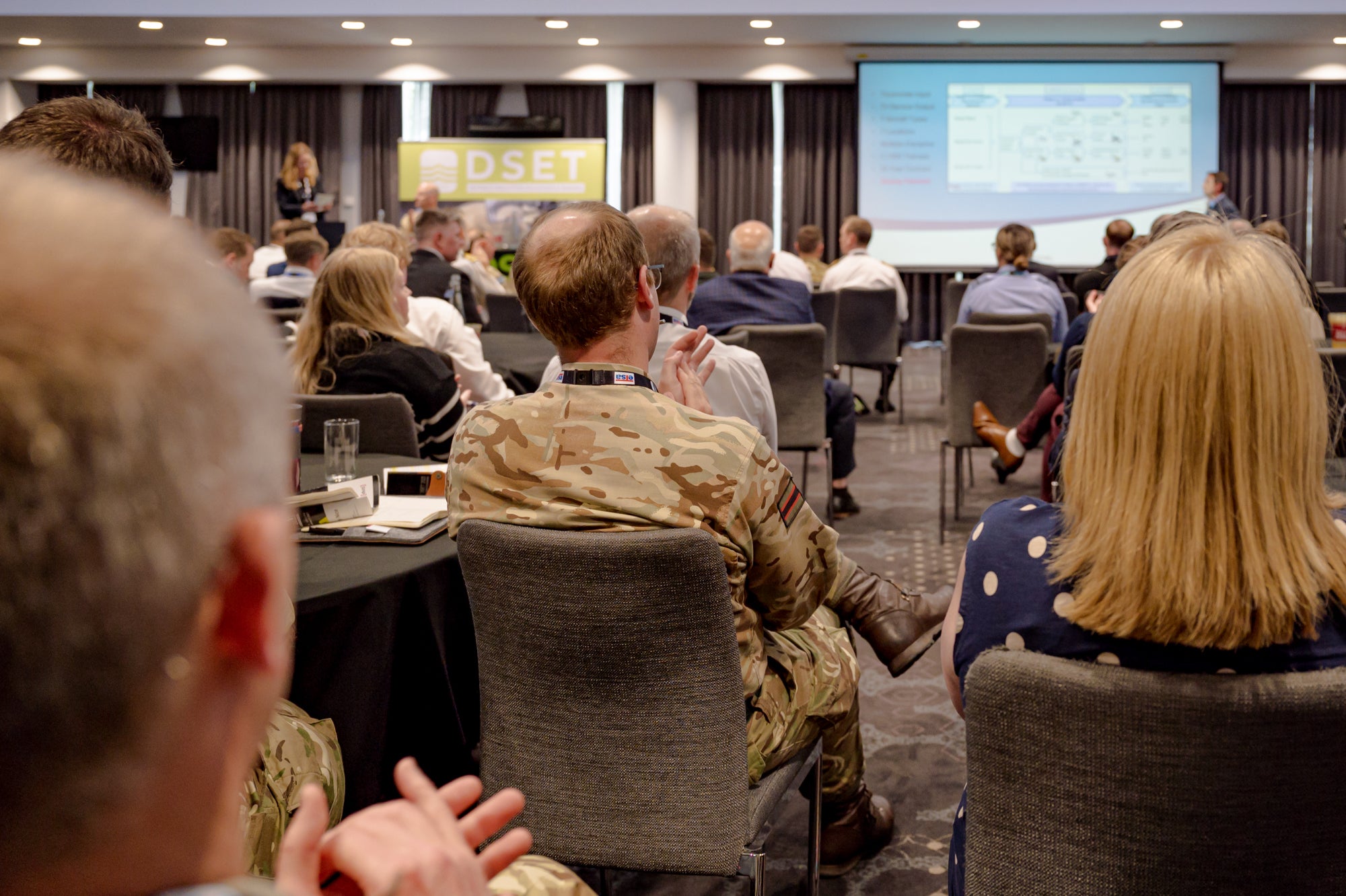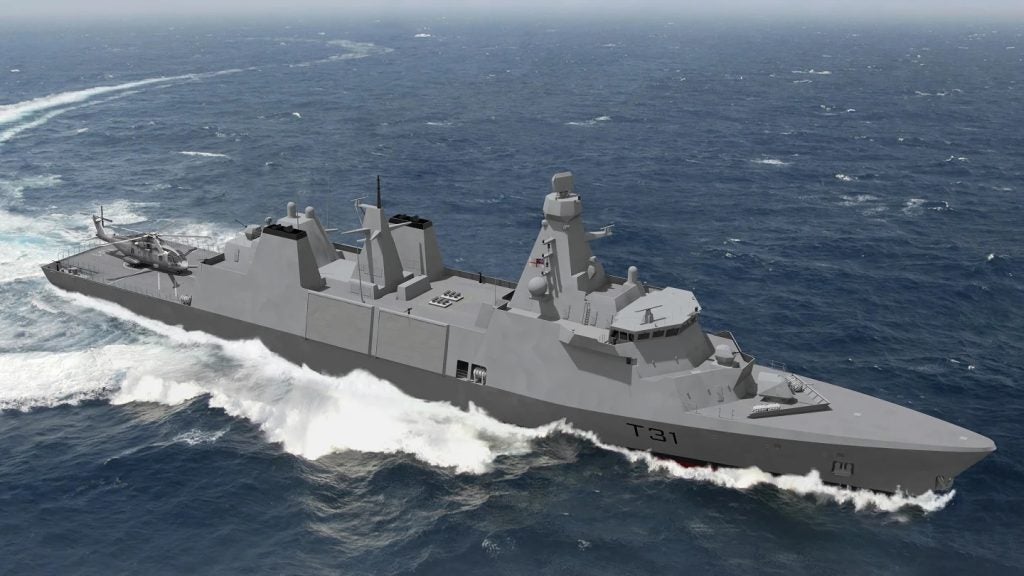
In a recent talk at the DSET conference in Bristol, Dr Robert Siegfried from NATO and Roa Powell from the Alan Turing Institute shared valuable insights into the opportunities and challenges presented by AI and data in strategic planning.
Their discussions shed light on the increasing volume and variety of data available to Allied Forces and the need for leveraging this data to enhance decision-making. This article highlights their observations, key applications of AI, and the challenges defence organisations face in becoming truly data-driven.
Data is growing faster than our proper understanding of it
Dr Robert Siegfried, a member of the NATO modelling and simulation group, emphasised the significance of data in modern defence operations. According to Siegfried, Allied Forces now have access to more data than ever, ranging from imagery, sensors, and media to intelligence and building data.
However, data volume, variety, and veracity are growing faster than our understanding and tools to handle it. Consequently, warfighters and commanders need help to fully utilise available data for improved decision-making, impacting all aspects of 21st-century defence, including acquisition, training, operations, and missions.
During his talk, Siegfried highlighted the pervasiveness of AI in various forms, including algorithmic flavour, decision trees, neural networks, pattern recognition, image recognition, and language models.
He presented a specific example of an AI application for training data analytics, emphasising the need for individual real-time feedback, training adaptation, and performance data analytics tools like Aditerna’s RAPTOR.
To further delve into the challenges of becoming a data-driven organisation, Siegfried pointed out the risk-averse nature of the defence sector, where information is often treated as powerful secrets rather than valuable resources.
He highlighted the confusion surrounding rules for handling information, the aversion to failure, and the siloed nature of data storage within stove-piped systems. Siegfried stressed the necessity of a data-centric culture and active data portfolio management to overcome these challenges.
AI in wargaming
On the other hand, Roa Powell from the Alan Turing Institute discussed the application of AI in wargaming and its potential impact on strategic planning.
Powell highlighted that while the interest in automating wargaming is familiar, only some real-world case studies offer concrete evidence of its effectiveness. She emphasised the need for foundational work to support the integration of AI into wargaming processes.
Powell outlined several promising AI applications in wargaming, including narrow and specialised use cases such as logistics improvement, data analysis support, real-time language translation, automated transcription, and procedural content generation.
However, she cautioned about challenges such as decision-making pressure reduction, methodology construction, human-machine teaming preparation, over-trust, defence procurement efficiency, and accountability and liability concerns.
To address these challenges, Powell provided recommendations, including investing in cross-cutting AI enablers, developing verification and validation procedures for AI wargaming tools, exploring narrow AI use cases in parallel with complex AI-enabled wargaming, and commissioning research on wargaming epistemology and decision-making.
On Tuesday at DSET, a keynote speech emphasised the role of wargaming in decision-making and organisational development, as speakers discussed the strategic and tactical benefits.
The talks by Dr Robert Siegfried and Roa Powell shed light on the immense potential of AI and data in informing strategic planning within the defence sector.
While the challenges are significant, embracing a data-centric culture and actively managing data portfolios can help organisations leverage the opportunities presented by AI and overcome the obstacles to becoming truly data-driven.
News of the defence industry’s involvement with AI is becoming more prevalent and far spread across the globe. Last month, the International University of Rabat and Israel’s Israel Aerospace Industries united on the themes of aeronautics and AI.
In the same month, a collaborative swarm of drones detected and tracked military targets during the first AUKUS artificial intelligence (AI) and autonomy trial in the UK.








